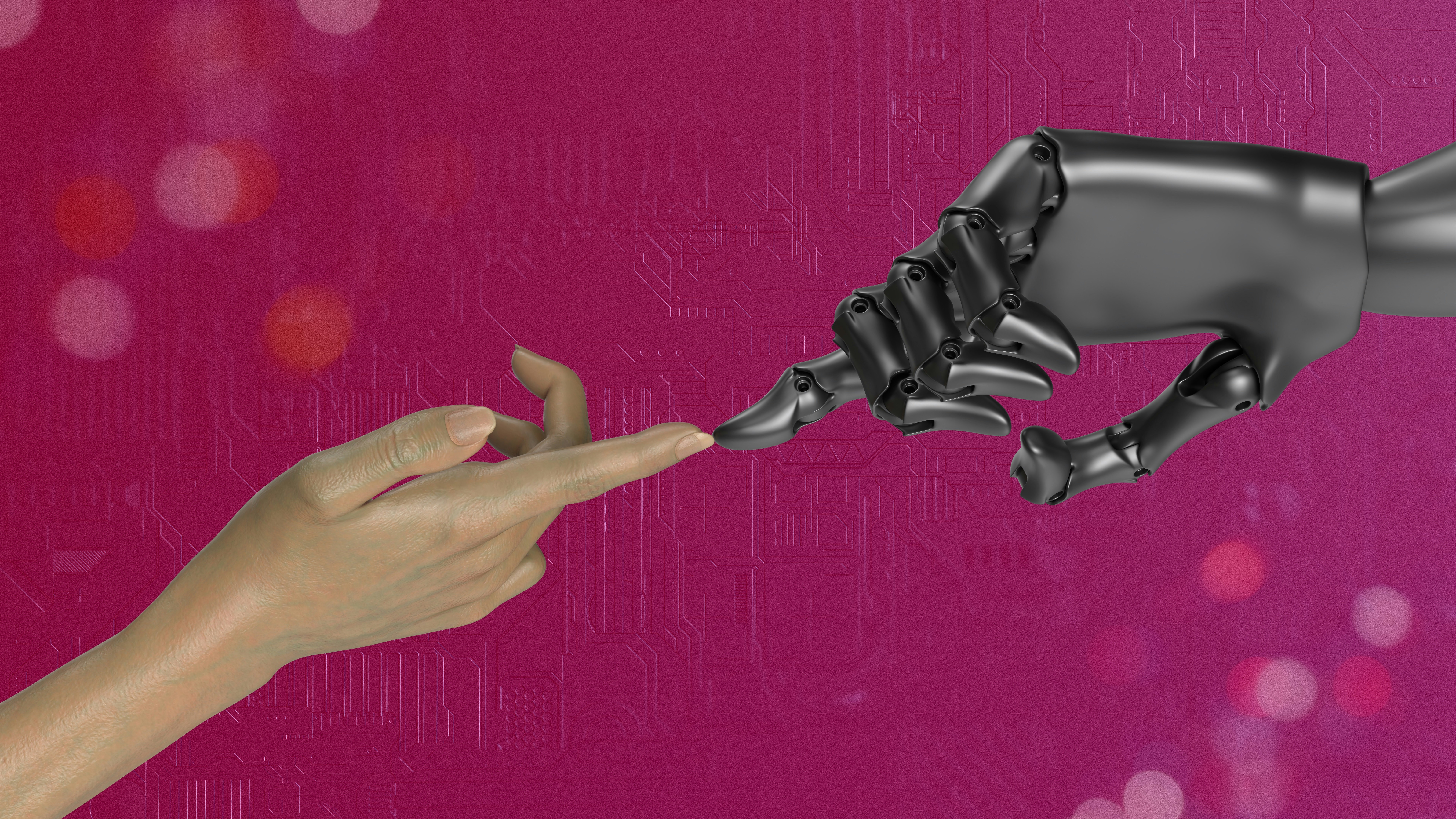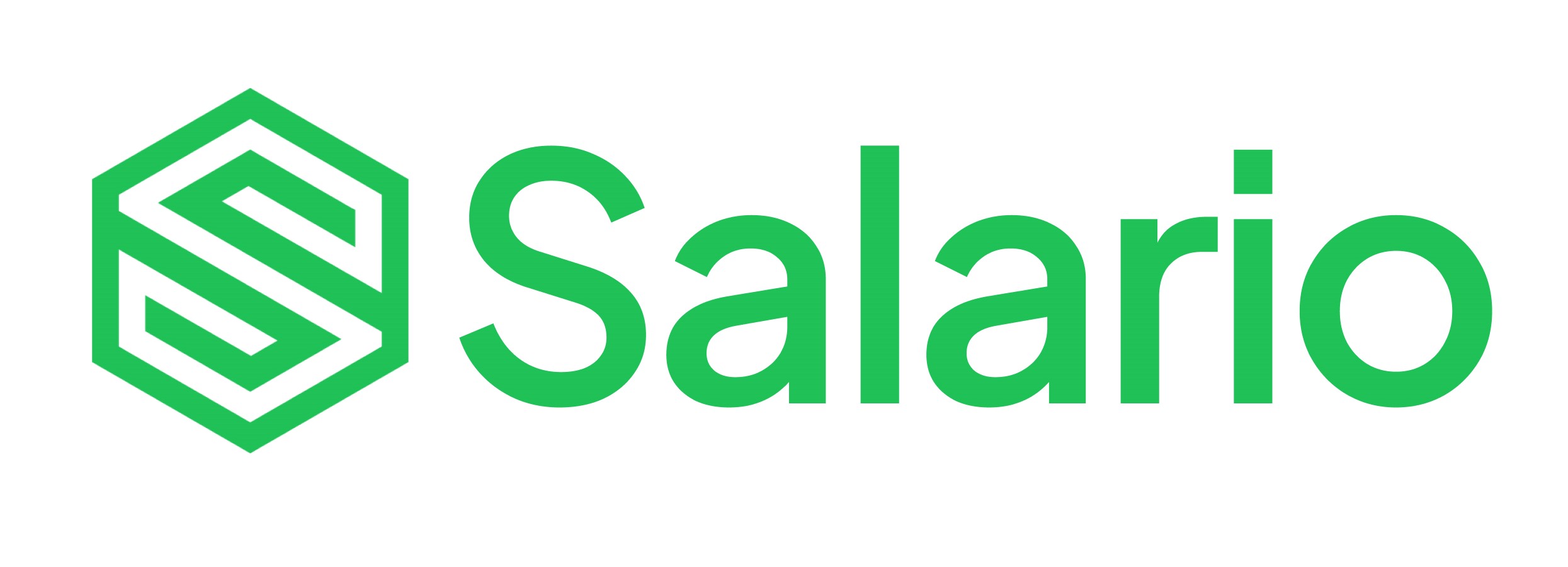
Change is the only constant in the world. Each year, research is committed to solving common challenges across industries. The explosion of artificial intelligence is changing the whole world, and no industry is left out. The mention of the term AI sometimes strikes fear into people’s hearts. Often, the fear stems from not knowing much about AI or other technical terms.
However, understanding these technologies is the key to overcoming these fears and concerns. On the other hand, there are actually valid concerns that plague the labor market with the swift advancement of AI, robotics, and automation. What are these concerns, and what can be done about them?
Defining the terms
Artificial Intelligence
Curiosity has always driven mankind to the edge of innovation, and AI is one of the most fantastic products of this curiosity. Artificial intelligence, as we know it, refers to machines imitating human intelligence. The history of artificial intelligence goes way back, and recent developments, especially in generative AI, are the combined efforts of centuries of philosophy and science. AI is becoming more prevalent and establishing itself as a technological leap that demands attention.
Automation
Man’s drive to ease his workload gave birth to automation, which refers to when machines and systems can carry out tasks with minimal human interference or control.
Artificial intelligence and automation work together to make tasks easier and less cumbersome. In truth, AI has not infiltrated the human resources and payroll scenes, so human resource managers and startup founders should start panicking. But it is only a matter of time.
Will AI replace HR managers?

Despite the advancements in artificial intelligence, certain tasks related to human resources and payroll will always necessitate human intervention. Instead, AI and automation would prove valuable when dealing with the more mundane and repetitive tasks in payroll management.
How can AI and automation affect the payroll and human resources fields?
Data Aggregation and Validation.
Gathering, analyzing, and properly validating employee data is one task that makes being a human resources professional burdensome. Most businesses have a data collection process that involves manually entering and transferring data between other management tools within the company, like other enterprise resource planning tools. This might not be a task for small and growing companies, but the larger the number of employees you have, the more strenuous the task becomes. Furthermore, this process has a higher chance of errors and inaccurate data.
AI and automation have proven very helpful in handling and properly validating data. AI can help adequately sieve and curate employee data, and automation can be used to schedule data updates and occasionally transmit them to other ERPs within the company.
Data security and privacy
Data security is crucial, and this is especially true when dealing with employee data. When employees fill out data forms to comply with your business’s payroll policies, they tend to submit vital information that could injure them if not adequately protected. It is up to you, the employer, and your HR department to properly secure your employees’ data. AI is a massive advantage in this department, as it can easily spot anomalies in network traffic and identify possible threats to your company’s data. Artificial intelligence can help predict and forestall possible breaches. Furthermore, artificial intelligence can help you better run vulnerability tests to identify possible weak points in your cybersecurity framework.
Employee Onboarding

One of the most dreaded tasks for human resource managers is the onboarding process for new hires. This becomes more difficult if your company does not have a fixed hiring cycle. Each new hire would require your HR department to onboard them, a process they would have to repeat constantly. AI and automation can ease this burden, first by automating the delivery of resources and processes for new employees. This will eliminate the stress of sending onboarding materials on a regular basis. AI-assisted chatbots can further take up the role of interfacing with new hires to answer commonly asked questions and explain the necessary processes for new employees. The combination of AI and automation can easily work your employees through the entire onboarding process, with occasional intervention or overall supervision from your HR team.
Workforce Management
Your HR department does more than payroll management; it effectively manages employee engagement and aims to improve employee satisfaction. One way AI is revolutionizing this part of HR management is by developing new tools for more effective workforce management. This enables companies to make better decisions, boost output, and raise employee satisfaction by better managing their personnel. Automation has also put more workers in charge of their HR-related obligations.
Artificial intelligence can assist in many aspects of workforce management. For instance, it may examine worker demographics, performance, and skills data to help managers make better-informed workforce planning choices. AI can also track employee attitude and involvement, helping managers spot problems and take corrective action to increase staff satisfaction and retention. AI can examine data to help managers maximize schedules and workloads, ensuring that work is dispersed relatively and employees work to their best. It can also come into play in training and retraining staff to better handle their tasks. AI can analyze your employees’ strengths and weaknesses and provide training solutions.
Support calls
This is one way AI is changing the HR industry. If you are a small company that’s just getting its footing, the chances are that you do not have a large support staff in your HR department to handle complaints from other staff and departments. Numerous internal and external complaints could easily arise in day-to-day business; if your small team has to deal with them, they will quickly tire out. This can, in turn, affect timely payroll processing. This is where AI-enhanced chatbots come in. AI chatbots can efficiently respond to multiple queries and refer more complex inquiries to the appropriate departments when well-programmed. With the current pace of AI advancement, AI virtual assistants will soon be dedicated to HR duties like Siri, Alexa, etc.
AI in payroll: should we be worried?

With all the transformation that HRs will enjoy with AI and automation, are there genuine fears to look out for? Should the industry be worried rather than happy? There are indeed some concerns, but how serious are they?
Bias in training data.
While AI is usually impartial and works with the data fed to it, there is still the risk of AI inheriting the bias of those feeding it the data. There have been proven cases where AI has been shown to be biased against certain races and genders. These biases stemmed from the data used in training the AI systems, which could adversely affect you if you are not careful. You might find that your company has been hiring or promoting more men over time, even though equally qualified women apply for roles or have been working as hard as their male counterparts in your company.
You just have to take a step back to properly analyze the state of your hiring process and other processes that could likely be affected, including payroll.
Strict parameters in dealing with people.
AI has been introduced into the hiring process in a lot of industries, and it has been a huge help for hiring managers across the globe, but with this introduction lie some inherent dangers. AI works with the values fed to it and makes accurate decisions based on these values. Furthermore, AI can help hiring managers comb through a ton of data and applications using fixed parameters. The danger here lies in the fact that AI cannot often identify factors such as creativity, emotional intelligence, empathy, and teamwork abilities, which remain in the purview of humans.
Human resource managers must be involved in the hiring process so that they do not pass up excellent opportunities based on crunched numbers alone.
Over-dependence on technology.
What would happen if your future AI assistant suddenly malfunctioned and went offline or if an attack targeted your AI system? When AI becomes an everyday reality for companies, you have to keep in mind that it is a helping system, and it can fail occasionally. You should train your staff to handle emergencies and navigate challenging situations until you find a solution.
Training and maintenance costs.
AI requires training to function correctly, and there should also be a maintenance process to ensure effective functionality. Consistent training and maintenance are necessary and incur a cost. You must also factor in staff training to use the AI systems appropriately. If you have weighed the potential cost and reward, this should not be a problem.
What can HRs and CEOs do to better adapt to these changes?
These changes are inevitable, but is your business ready for change? Here are some actions you can take to prevent the waves of change from catching you off guard.

Do your research.
As the head of a company or the head of the HR department, you might feel the need to delegate some tasks to your employees or team members. Don’t! Research whatever AI systems you employ, especially if you run a small company. Get the needed details and become acquainted with the rudimentary aspects of AI and automation.
Train your staff.
Training your staff goes beyond training your human resources department. You should train every company member on how to appropriately interact with and use the AI and automation tools you have. This will help them better adapt to the coming changes.
Training your HR team should go beyond training on how to use AI and automation tools; it should also include soft skills, especially in relationship management. Your HR team will be training chatbots for internal and external queries, so understanding other departments will help them better build AI models and automation sequences that work.
Identify gaps that AI and automation can fill.
You do not have to jump at every shiny new solution on the market, and your decisions must be thoughtfully made. You and your team leads must thoroughly examine your company’s processes and identify which areas require automation and which tools would fit appropriately. You also need to research the available tools on the market that will best help you meet your goals and targets.
Consider the potential legal implications.
While AI can assist you with legal compliance requirements, particularly by updating you on laws you need to comply with, you must also ensure that you are not breaking any regulations by using specific AI tools. You have to cover your bases by excusing AI regulations and laws that govern business management in your country, region, state, and local government.
Are you ready to move into the future?
The best way to look at the future of human resources and payroll is with optimism. AI has come to stay, and if you are well prepared for its emergence in your industry, you will reap the benefits handsomely. Remember that running a business is not a sprint but a marathon; with each milestone, you have more work to do. Salario provides your business with the tools it needs to manage its payroll. You don’t have to sweat over every payroll decision; Salario has you covered.
